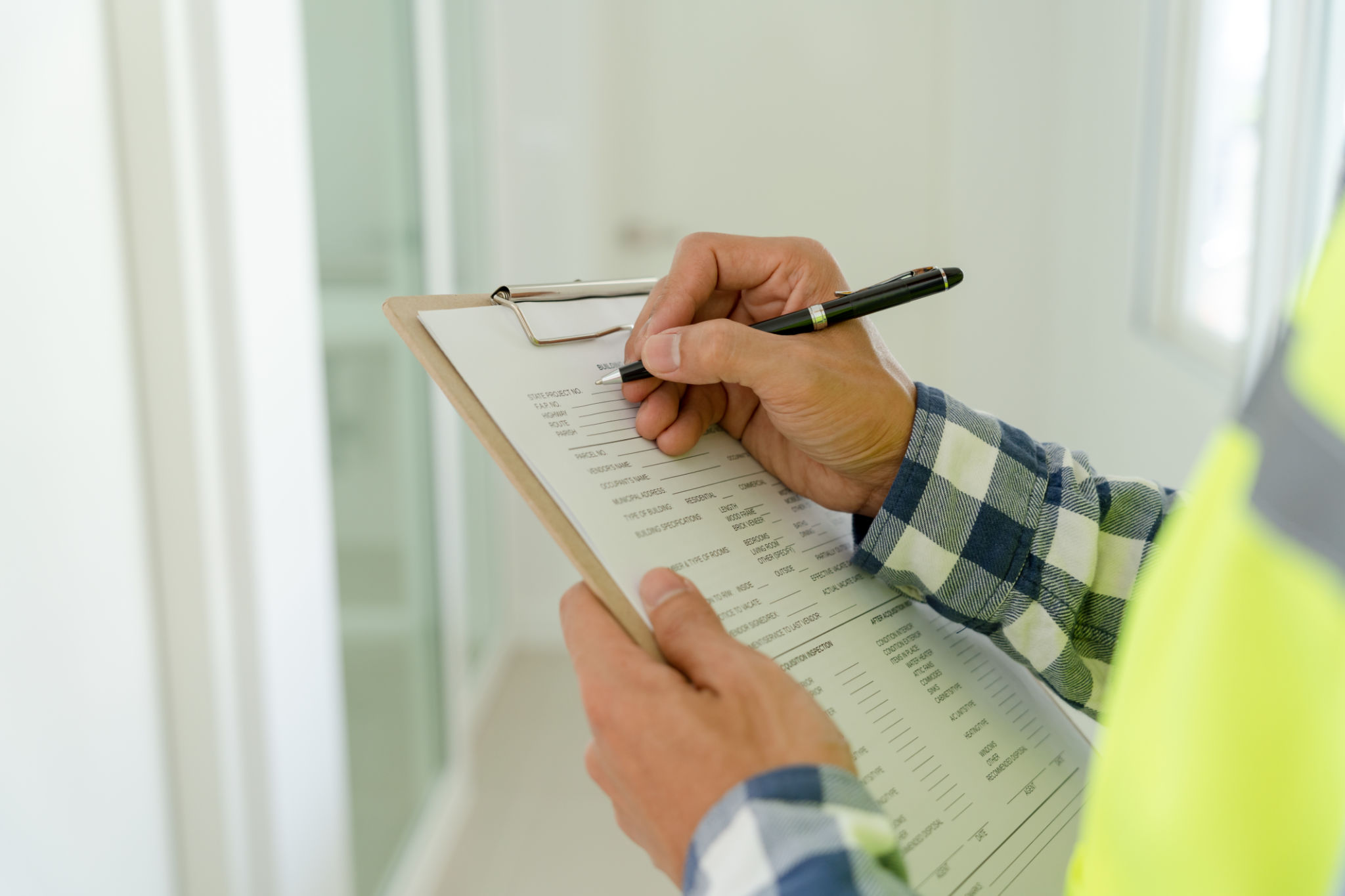The Ultimate Guide to Property Inspection in Romania
Understanding the Importance of Property Inspection
When it comes to buying or selling property in Romania, one of the most crucial steps is the property inspection. This process ensures that both buyers and sellers are fully informed about the condition of the property, helping to prevent any unpleasant surprises later on. A thorough inspection can reveal issues that might not be visible to the untrained eye, such as structural problems, electrical faults, or plumbing issues.

For potential buyers, a property inspection provides peace of mind by confirming that the property is worth the investment. For sellers, it’s a chance to address any issues that could potentially reduce the property's market value or cause delays in the sale process. In Romania, a comprehensive property inspection can also be a key negotiating tool, allowing for adjustments in price based on the findings.
What Does a Property Inspection Cover?
A typical property inspection in Romania covers several key areas. Inspectors will check the structural integrity of the building, including walls, roofs, and foundations. They will also assess electrical systems to ensure they are safe and compliant with local regulations. Plumbing is another critical area, as leaks or outdated systems can lead to expensive repairs.

Additionally, inspections often include an evaluation of heating and cooling systems, windows and doors, and insulation. In older properties, inspectors might also look for signs of pests or dampness, which can affect both the comfort and safety of the home. It’s important for buyers and sellers to understand what is included in their inspection report to make informed decisions.
Choosing a Qualified Inspector
When selecting a property inspector in Romania, it's essential to choose someone with the right qualifications and experience. Look for inspectors who are certified and have a strong track record in the industry. It can be beneficial to ask for recommendations from real estate agents or to read reviews from previous clients.
A qualified inspector will provide a detailed report with findings and recommendations. They should be willing to answer any questions and explain their findings clearly. This transparency is vital for building trust and ensuring that both parties feel confident about the inspection results.

The Inspection Process
The property inspection process typically begins with the inspector visiting the property for a thorough assessment. Depending on the size and condition of the property, this can take several hours. After the inspection, the inspector will compile a detailed report outlining their findings.
This report will highlight any issues found during the inspection and may include photographs or diagrams to illustrate specific concerns. Buyers and sellers should review this report carefully and discuss any findings that could impact the property's value or livability.
Next Steps After Inspection
Once you have received your inspection report, it's time to take action based on its findings. If significant issues are uncovered, buyers may choose to negotiate repairs with the seller or request a price reduction. Sellers, on the other hand, may opt to address certain issues before listing the property again.

Regardless of the outcome, having an inspection report allows both parties to make informed decisions. It's a valuable tool in ensuring that the property transaction is fair and transparent for everyone involved.
Final Thoughts on Property Inspections in Romania
Property inspections are an essential part of buying or selling real estate in Romania. They provide an invaluable insight into the property's condition, helping to avoid costly surprises down the line. By understanding what an inspection entails and how to choose a qualified inspector, you can navigate this process with confidence.
Whether you're a first-time buyer or an experienced seller, investing in a professional property inspection is always a wise decision. It can safeguard your investment and ensure a smooth transaction process.
